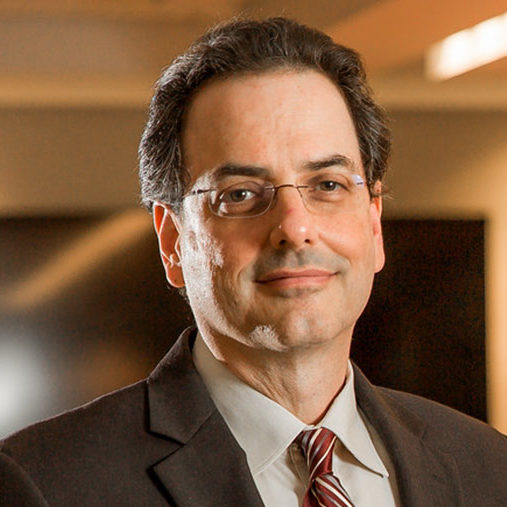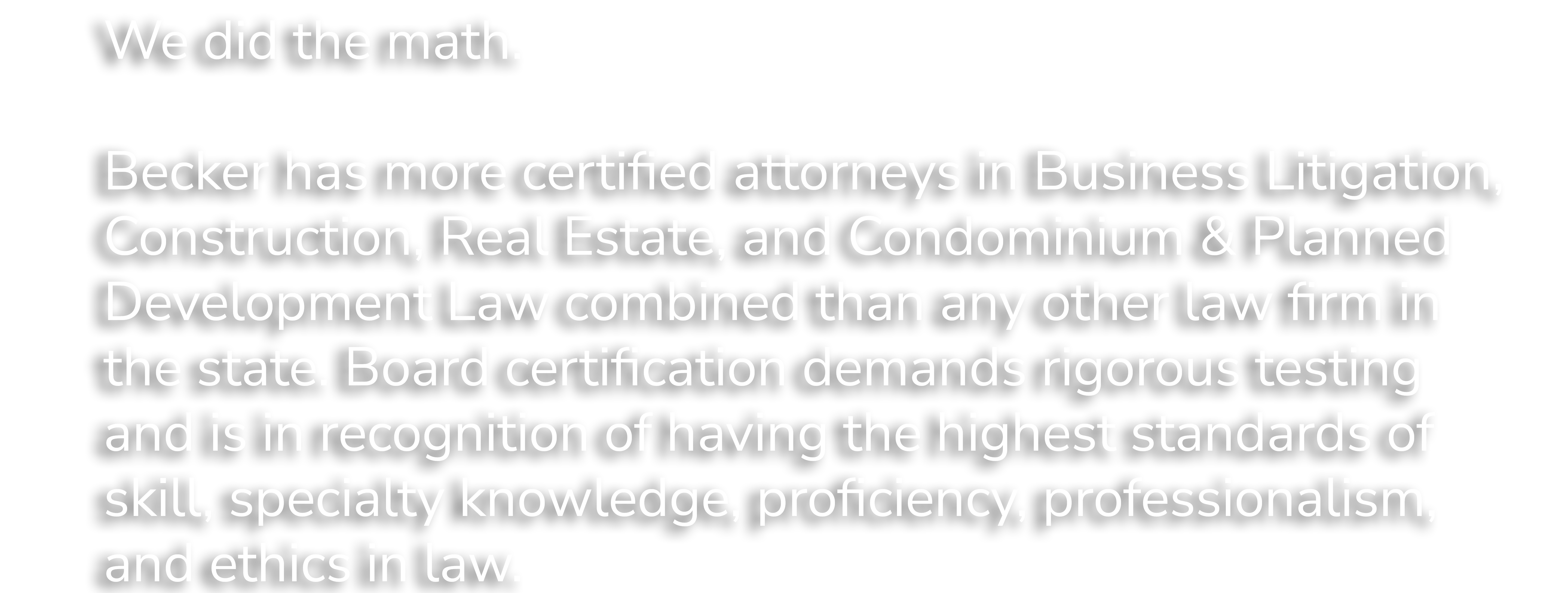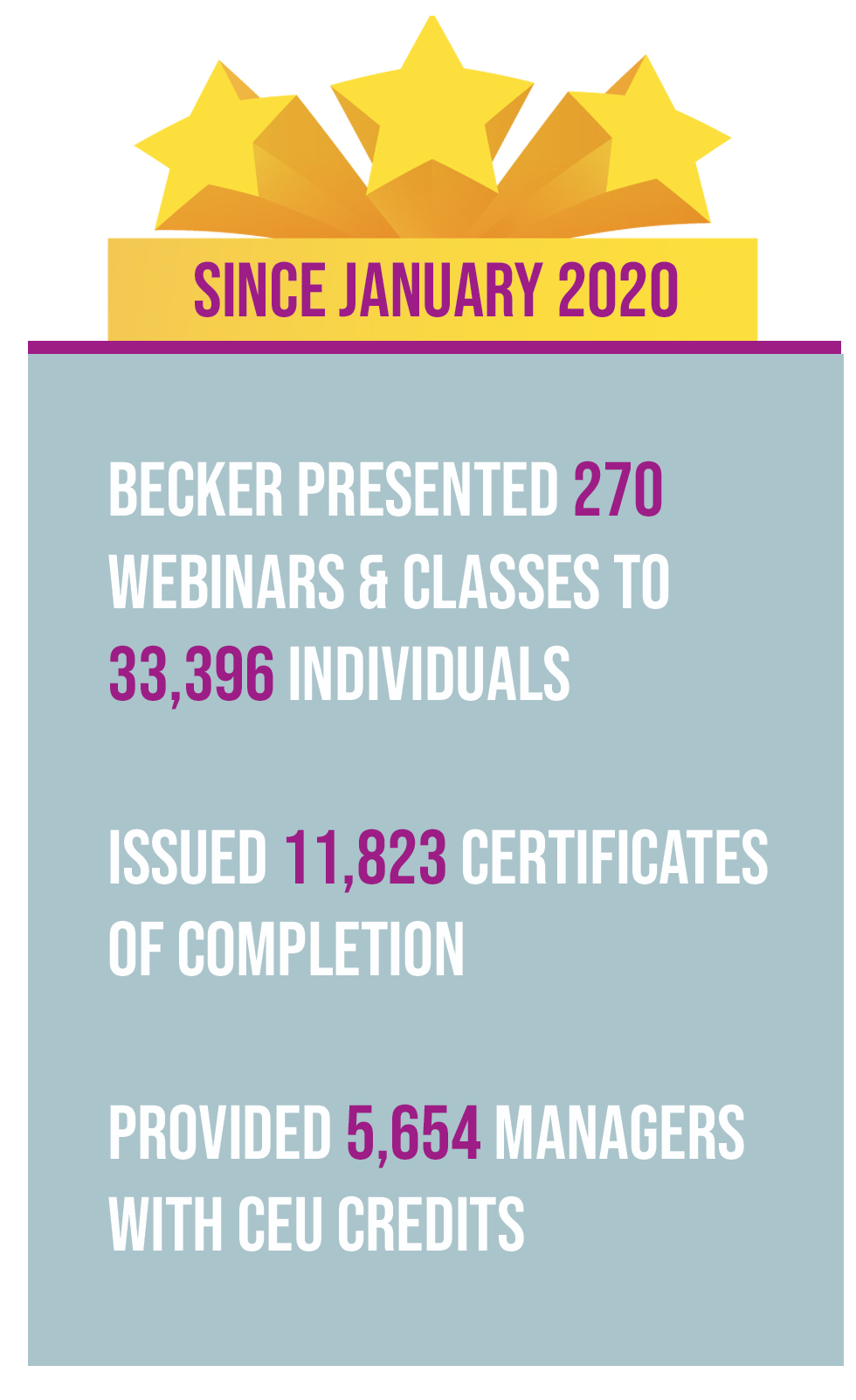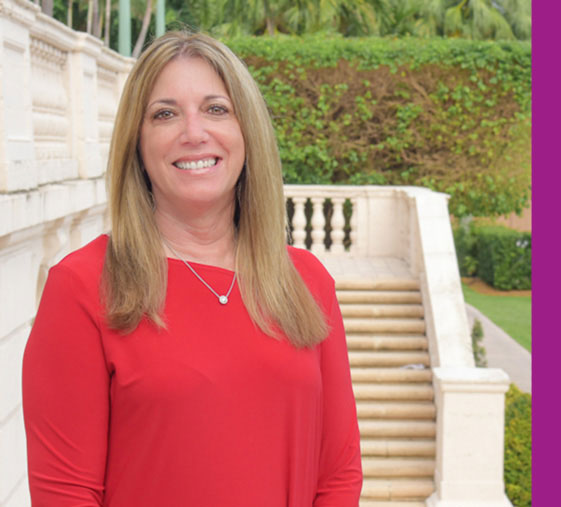June officially marked the start of Hurricane Season in Florida. If you haven’t already, make sure to check out Becker’s Hurricane Guide which includes helpful information to ensure your association is prepared should disaster strike. Also, if you missed our recent webinar on the adoption of Bill SB 4D, the new law addressing building safety, check it out here.
Have a wonderful and safe 4th of July weekend!
The big news this month is the adoption of Bill SB 4D, the new law addressing building safety. We expect this topic to remain center stage for quite some time and will continue to frequently cover it in future issues of our Community Update Newsletter. Read the first of our special reports on this topic here.
Electric vehicles are commonplace in our society and with the price of gas skyrocketing, more people will consider purchasing them. This month’s featured article, “Electric Vehicle Charging Stations on the Common Elements,” discusses considerations for boards with regard to charging station installation in their communities.
Given the fiduciary responsibilities of directors and officers to the members of their homeowners’ association, it is important to understand when reserve funding is mandatory under the Florida Homeowners’ Association Act. Learn more in, “Statutory and Non-Statutory Reserves in Homeowners’ Associations.”
As new communities develop and expand into natural habitats throughout the state, interactions between residents and wildlife are increasingly common. “The Association’s Responsibility for Wildlife in the Community,” discusses steps association boards may wish to consider to mitigate their liability.
What law controls is at the heart of June’s “THIS CASE: Suntide Condominium Association, Inc. v. Division of Land Sales and Condominiums, Department of Business Regulation.” Find out why this case matters.
EDITORS
NEW LAW ADDRESSES BUILDING SAFETY
The Florida Legislature approved the “Surfside Legislation” in its recent Special Session. Bill (SB 4D) was adopted unanimously and with little debate by the Senate or House and was signed into law by the Governor on May 26, 2022. The new law includes significant obligations related to building inspections and reserve funding and boards who do not comply in a timely fashion will be in breach of their fiduciary duties. Here are some of the highlights of the 88 page Bill, which is somewhat complicated and will need to be studied, digested, and fully understood.
Becker will host numerous forums to educate Community Associations on these significant changes and will consult with the foremost industry experts to share perspectives on how to implement the new safety requirements according to best practices. Click here to sign up to receive advance notice of these special programs. We expect these sessions will be wildly popular. Register early to secure your seat.
If a condo or cooperative building is 3 or more stories high, a “milestone inspection” must be performed by a licensed architect or engineer. That inspection must occur within 30 years from the date of the Certificate of Occupancy (“CO”). However, buildings within 3 miles from the coastline must perform that inspection within 25 years of the CO date.
If a condo or cooperative building is 3 or more stories high, a “milestone inspection” must be performed by a licensed architect or engineer. That inspection must occur within 30 years from the date of the Certificate of Occupancy (“CO”). However, buildings within 3 miles from the coastline must perform that inspection within 25 years of the CO date.
Any building which received a CO before July 1, 1992, must complete the first milestone inspection by 12/31/24. Associations will have a deadline to perform a “Phase 1” inspection.
A Phase 2 inspection, which might involve destructive testing, is required if structural deterioration is noted.
The engineer or architect performing either a Phase 1 or Phase 2 inspection must prepare a written inspection report. The report must be sealed and have a separate summary pointing out its material findings. The report must be given to the association and the local building official. The association must then distribute the report to all unit owners and post a copy of the summary in a conspicuous place on the property. The association must also post the full report on its website, if the association is legally required to have a website.
The new law gives local building officials discretion to prescribe timelines and penalties for non-compliance. County commissions may adopt ordinances establishing timelines for necessary repairs identified in a report, and such repairs must be commenced within 365 days after receiving the report.
The new statute requires a “structural reserve study,” and requires that these reserve studies be maintained as part of the official records of the association for 15 years, the same as for the milestone inspections discussed above.
The reserve schedule must include any items identified in a newly required “structural integrity reserve study.” The initial study must be completed by 12/31/24 and must be performed at least every 10 years for buildings 3 stories and higher. Effective 12/31/24, an association may not vote to waive or reduce reserves for the items listed in the structural integrity reserve study.
The structural integrity reserve study must include: roofs; load bearing walls or other primary structural members; floors; foundations; fireproofing and fire protection systems; plumbing; electrical systems; waterproofing and exterior paint; windows; and any other item which exceeds $10,000 in deferred maintenance cost and which was identified by the engineer or architect performing the inspection portion of the structural integrity reserve study.
Electric Vehicle Charging Stations on the Common Elements
By: Kevin Edwards
Electric vehicles are now commonplace in our society and with the price of gas skyrocketing, more people will consider purchasing them. Condominium association directors should, therefore, expect owners to ask questions about electric vehicle charging stations (EVCS) on the common elements. Specifically, is the board able to install an EVCS on the common elements as a common expense? Are unit owners able to install their own EVCS anywhere upon the common elements?
Statutory and Non-Statutory Reserves in Homeowners’ Associations
Given the fiduciary responsibilities of directors and officers to the members of their homeowners’ association, it is important to understand when reserve funding is mandatory under the Florida Homeowners’ Association Act (Chapter 720, Florida Statutes).
The Association’s Responsibility for Wildlife in the Community
As Floridians, we are familiar with various types of wildlife surrounding our neighborhoods. As new communities develop and expand into natural habitats throughout the state, interactions between residents and wildlife are increasingly common. Most of the time, these interactions are unproblematic, but dangerous incidents can, and do, occur. The tragic alligator attack of the two-year old child at Disney World comes to mind, as well as the alligator attack of the University of Florida student. In a recent case, a mobile home park resident brought a wrongful death suit against the mobile home park after her husband was bit by fire ants while walking their dog in the park and died a couple of days later. This leads to the question; can the association be held responsible if someone is injured due to wildlife on the association property?

Suntide Condominium Association, Inc. v. Division of Land Sales and Condominiums, Department of Business Regulation,
463 So.2d 314 (Fla. 1st DCA 1982)
What law controls is at the heart of THIS CASE. Suntide Condominium Association (“Suntide”) appealed a final order of the Division of Land Sales and Condominiums (the “Division”) requiring Suntide to cease and desist from assessing the condominium’s common expenses equally against each unit owner, in violation of section 718.115, Florida Statutes (1983). In late 1974 Suntide Condominium was conceived and planned by the developer, and in early 1975 a proposed declaration of condominium was drafted and executed. At that time, section 711.14, Florida Statutes (1973), provided that common expenses may be assessed “according to the declaration.” The proposed declaration of condominium provided that common expenses would be assessed equally against each unit owner, and two prospective unit owners signed contracts based on that allocation. However, the declaration of condominium was not recorded until after the July 1, 1975, amendment to the Condominium Act had become effective.
On July 1, 1975, an amendment to section 711.14, Florida Statutes, became effective and provided that common expenses must be assessed against unit owners “in the proportions or percentages of ownership of the common elements provided in the declaration.” The Division took the position that the July 1, 1975, amendment to the Condominium Act prohibited the equal division of assessments because the Suntide declaration of condominium did not contain equal ownership of the common elements for all units. Suntide opposed the Division’s position by asserting that the Division’s position equated to “unconstitutional impairment of vested contractual rights” contained in the Suntide Declaration.
A declaration of condominium possesses “attributes of a covenant running with the land” and operates as a contract among unit owners and the association, “spelling out mutual rights and obligations of the parties thereto.” Cohn v. Grand Condo. Ass’n, Inc., 62 So. 3d 1120, 1121 (Fla. 2011). Both Article I, Section 10 of the United States and Florida Constitutions severely limit state legislatures from passing laws which impact preexisting vested contractual rights. There are various, and complicated, analytical frameworks related to the concept of unconstitutional impairment of vested contractual rights which are beyond the scope of THIS CASE. In fact, this concept is one of the key reasons that associations are cautioned to engage legal counsel who is fluent in the nuanced aspects of community association law. The court, in Suntide, held that the Division correctly pointed out that condominiums are strictly a creature of statute. Pursuant to the law as it existed before and after July 1, 1975, a condominium could be legally created only by recording a declaration of condominium in the public records of the county wherein the land is located. The law in existence on the date of recording the declaration is as controlling as if engrafted onto the documents. Accordingly, the court ruled in favor of the Division over the Association.
So why does THIS CASE matter? Interpretating the issue of what law should properly apply to a given circumstance should only be done by a community association attorney who understands the nuanced applications the law to the governing documents. Failure to deal with these issues can be costly to the Association.
Question of the Month
Q: My condominium association just sent all owners a copy of a hurricane plan that lists the actions the association will take if our area is impacted by a hurricane watch or warning. If the association is responsible for protecting the condominium building, what should I do to prepare my Unit for a possible storm?
Community association boards and managers should ensure that their communities have adequate disaster planning measures in place as hurricane season approaches. To help you in weathering the storm, check out Becker’s Hurricane Guide which provides important tips and information to help protect your community.
For more information, contact your Becker attorney.
CALLING ALL BOARD MEMBERS AND COMMUNITY MANAGERS
As leaders in Community Association Law, we not only helped write the law – we also teach it.
Did you know Becker provides over 200 educational classes per year throughout the State of Florida on a variety of topics ranging from board member certification to compliance, and everything in between? Our most popular classes are now available online!
To view our entire class roster, visit:
beckerlawyers.com/classes
As a service to the community and industry, we are pleased to offer some of our most popular classes online for you to participate in from the comfort of your own home.
- Turnover From Developer Control
- Insights Into Your Role as a Board Member: Fiduciary Duty & Business Judgement Rule
- 2022 Legal Update
- Anatomy of a Water Leak
- Budgeting & Reserves
- Collection and Foreclosure Strategies for Community Associations
- Condo Board Member Certification
- Construction Road Map for Community Associations
- Top 10 Manager Do’s and Don’ts
- Construction Contracts and the Lien Law
- Construction Projects Gone Wild
- Dealing with Difficult People
- Disaster Preparedness and Recovery
- HOA/Condo Board Member Certification
- How to Properly Run an Election
- Take a Bite out of Fraudulent Assistance Animal Requests
- Understanding Our Bylaws
Ellyn Bogdanoff Scores Big Win for HOAs Blocking New Development on Hendricks Isle
Becker Shareholder Ellyn S. Bogdanoff successfully represented a large group of homeowners’ associations and residents against a condominium development on a neighboring lot.
At issue was a plan from developer Lumiere to build a five-story condominium on a narrow lot on Hendricks Isle. Specifically, there were objections to the size and placement of the building on the lot.
In a win for Becker’s clients, city commissioners ultimately rejected the project by a 3-2 vote.
Can They Do That?
Becker’s “Can They Do That” video series tackles some of the unique problems that homeowners and renters face today. We answer your questions, no matter how far-fetched they may seem. From service animals to nudists in your community, we get to the bottom of it and let you know – “Can They Do That?”
Becker Steps Up to the Mic with Podcast,
‘Take It To The Board with Donna DiMaggio Berger’
Think you know what community association life is all about? Think again. Residents must obey the rules, directors must follow the law, and managers must keep it all running smoothly. Take It To the Board explores the reality of life in a condominium, cooperative or homeowners’ association, what’s really involved in serving on its board, and how to maintain that ever-so-delicate balance of being legally compliant and community spirited. Leading community association attorney Donna DiMaggio Berger acknowledges the balancing act without losing her sense of humor as she talks with a variety of association leaders, experts, and vendors about the challenges and benefits of the community association lifestyle.
CURRENT EPISODES:
- Royal Service with James Donnelly
- Fiscal Finesse with Nicole Johnson-Pendergrass
- Nuisance or Necessary: Solving the “Pet” Problem with JoAnn Burnett
- The Technology Tango with Brett Fielo
- Community Immunity with David Ramsey
- Considering the Cost of Counsel with Denise Lash
- Rules & Refereeing with Howard Perl
- The Mental Health Challenge with Chris Ayub
- Reserve Funds & Studies with Robert Nordland
- Association Advocacy with Commissioner Mary Molina-Macfie
- The Job of the Journal with Michael Hamline
- HR Hacks with Jamie Dokovna – Part 1
- HR Hacks with Jamie Dokovna – Part 2
- The Art of Community Design with Patty Mowry
- Heart of Service with Stephanie Maher
- The Making of a Manager with Otto Freund
- Happy Holidays, Healthy Communities with Andrew Fortin
- Ensuring Community Association Safety with Platinum Group Security
- Building Basics with Construction Counsel Patrick Howell
- Keeping Cool with Jane Gilbert, Chief Heat Officer, Miami-Dade County
- 2022 Legislative Session in Florida Wrap Up with Yeline Goin, Becker & Poliakoff
- The Current Crisis with Florida’s Real Property Insurance with Andrea Northrup, Vice President of Insurance Office of America (Part 1)
- The Current Crisis with Florida’s Real Property Insurance with Andrea Northrup, Vice President of Insurance Office of America (Part 2)
- The Smoker’s Dilemma with Dennis Eisinger of Eisinger Law
- Assessing Collections with Joy Mattingly, Becker & Poliakoff
- Mapping the Terrain of Landscaping for Community Associations with Brian Steele, Director of Operations, East Coast Facilities
- Successful Community Association Living Starts With the Purchase Decision with Marisa DiLenge, Founder of DiLenge Real Estate Team (Part I)
DID YOU KNOW?
Disputes in Community Associations: Arbitration, Mediation, or Litigation?
Disputes within community associations were originally treated like other civil disputes, requiring litigation when the parties could not agree. The law evolved to now require certain types of “alternate dispute resolutions” for community associations before the parties head to court. In making these alternative dispute resolutions mandatory, the Florida legislature explained that its intent was to reduce the crowed court dockets and alleviate the high cost and significant delay often faced by parties in litigation.
But what exactly do arbitration or mediation mean in terms of resolving a dispute?




